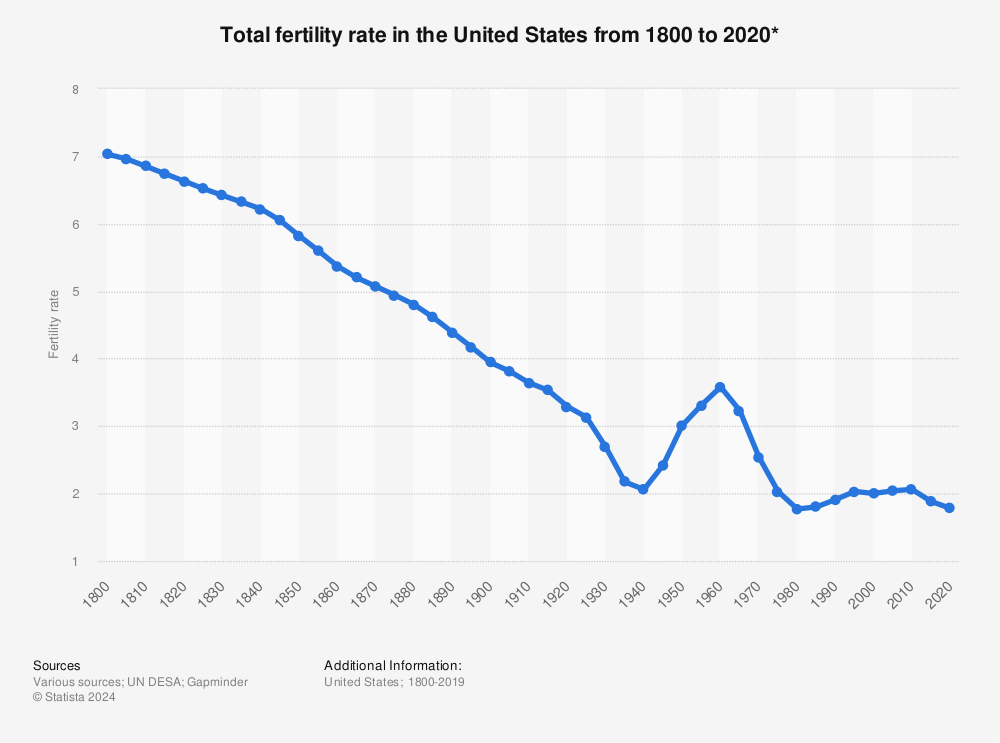On this episode of The Final Countdown hosts Angie Wong and Ted Rall discuss a variety of topics around the globe, including Congress divided over aid funding to Israel and Ukraine.

Nebojsa Malic – RT Journalist
Mitch Roschelle – Media Commentator
Scott Stantis – Political Cartoonist
Aviv Bushinsky – Former Chief of Staff for Israeli PM Netanyahu
RT journalist Nebojsa Malic joins The Final Countdown in the first hour to discuss Congress remaining at odds over a critical vote for Israel and Ukraine funding.
Then, media commentator Mitch Roschelle joins the show to discuss the latest out of the Trump hush money trial.
Political cartoonist Scott Stantis weighs in on the NYPD arresting over 100 pro-Palestine protesters at Columbia University.
The show wraps up with Aviv Bushinsky, who shares his perspective on reports of Israeli strikes inside Iran.


